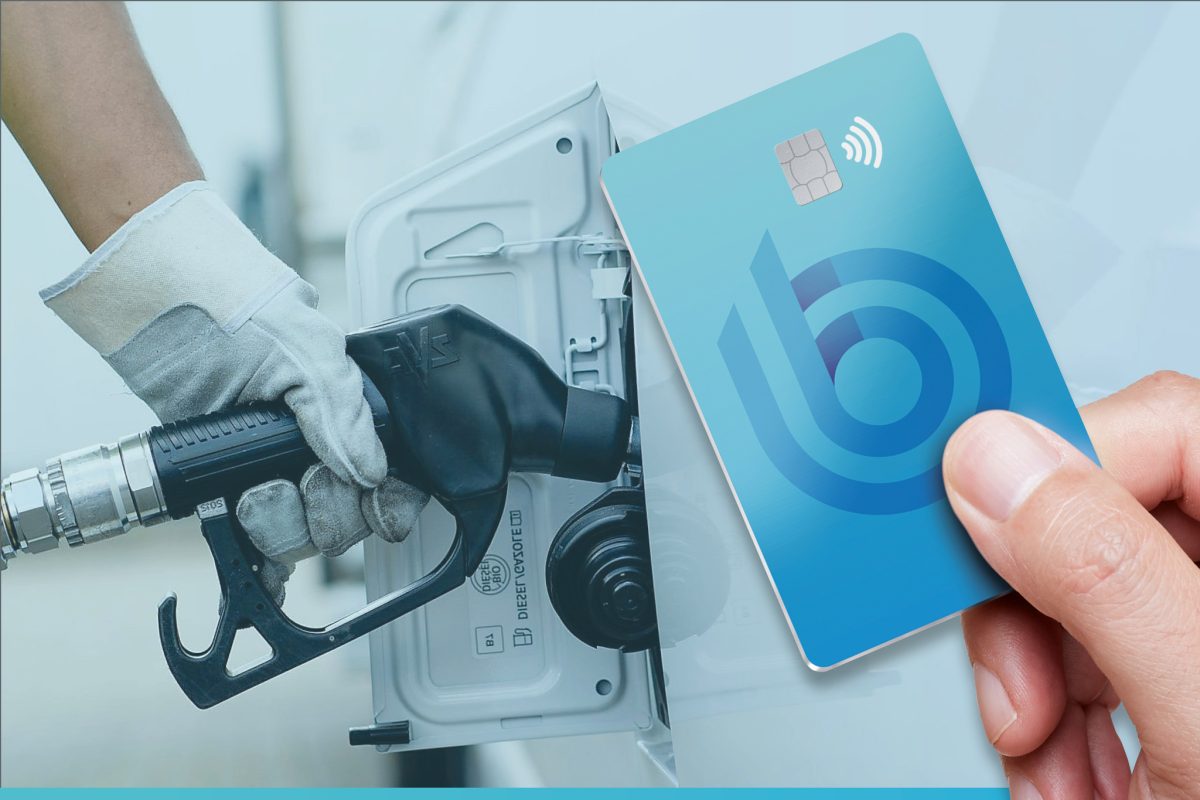The scrap metal recycling industry is hugely varied, made up of everything from small, family run firms to international corporations.
It’s also a heavily regulated industry, and regardless of the size of your firm, scrap metal dealers need to stay on top of a wide range of different legislation to maintain compliance, with stiff penalties if they’re found to have operated outside of the rules.
B4B Payments’ Bread4Scrap card helps scrap metal recycling companies stay compliant with regards to buying scrap metal, but there’s lots more to be aware of. Here are the main areas of legislation affecting scrap metal dealers in the UK:
The Scrap Metal Dealer’s Act 2013
In 2013, 2% of all police-recorded crime in England and Wales was related to metal theft. The Scrap Metal Dealers’ Act was brought into try and combat this trend. The main elements of the legislation (and similar rules brought in slightly later in Scotland) are as follows:
Licensing of scrap metal traders – The legislation requires that all scrap metal traders hold a license issued by their local authority. Those found trading without a licence face a fine of up to £5000. While the specific regulations in Scotland are slightly different, the main principles are the same. Scrap metal dealers must hold a Metal Dealer’s license issued by their local council, and must keep records of the scrap metal they handle or face a fine.
Payments for scrap metal – The Scrap Metal Dealer’s Act 2013 also bans cash payments for scrap metal, requiring buyers to pay via cheque, bank transfer or another electronic funds transfer Legislation introduced in Scotland in 2016 also banned the payment of cash for scrap metal in the same way.
Identity verification – In England, Wales and Scotland, scrap metal dealers must verify the identity of anybody they buy scrap from. This means seeing a valid photo ID like a passport or driver’s license, as well as separate proof of address in the form of a utility bill or bank statement.
GDPR
While the Scrap Metal Dealer’s Act is the most obvious piece of legislation affecting scrap dealers, the requirement to verify the identity of sellers also increases their responsibilities under the GDPR, or General Data Protection Regulations, with risk of a fine of up to 4% of turnover if they’re not compliant.
By requiring scrap metal traders to hold copies of their sellers’ identity documents, as well as potentially holding bank details for making bank transfer payments, the regulations place a lot of responsibility onto scrap metal businesses to keep their clients’ data safe and secure from theft or cyber-attack, as well as to ensure that information is only held for as long as necessary.
While GDPR compliance can seem complicated, the basic principles of data security are fairly simple: ensure that any information on your sellers is held securely, either in a locked filing cabinet or in a secure digital format like a password-protected cloud drive, and ensure that only the people within your organisation who have a need to access this data are able to do so. You should also ensure you have a retention policy in place and periodically clean up old data – the Scrap Metal Dealer’s Act requires that records are kept for three years, after which documents should be securely destroyed or deleted. The Information Commissioner’s Office offers plenty of advice on how to ensure GDPR compliance and hold customer data securely.
Environmental regulations
As well as the legal aspects of physically buying scrap metal, traders have a range of responsibilities for how they handle and dispose of materials which could be hazardous to people or to the environment.
You may need additional permits to handle scrap metal contaminated with hazardous materials, including radioactive materials, plastic, rubber or oil. Special waste such as battery casings, aerosols, fluorescent tubes or waste oil filters may also require that you meet additional compliance requirements when storing, transporting, treating and disposing of it. The End of Life Vehicle Regulations 2004 also require special handling of scrap vehicles to ensure that brake fluid, fuel, oil and other pollutants are removed and stored appropriately.
Health and Safety
Last but not least, employers have a duty to their employees under Health and Safety regulations, and the realities of the scrap metal trade mean that there are numerous potential hazards that need to be managed to keep workers safe. Scrap metal dealers need to be aware of the potential risks in their business premises, from manual handling and working at height to fire or explosion risks and the potential hazards associated with operating specialist machinery.
Health and Safety breaches carry tough penalties in the UK, with the average health and safety fine in 2018/19 reaching £150,000, and over £54million in total fines issued. That’s not including the potential loss of productivity if employees get hurt, as well as the potential damage to your business’s reputation if things go badly wrong.
While Health and Safety gets a bad rap in the UK, compliance is largely based on common sense, and the stereotype of over-eager health and safety measures is mostly untrue. In fact, good Health and Safety management can help to make your business run more efficiently, ensuring that workers are trained in the safest, more effective ways of working and preventing lost productivity and delays due to sub-optimal working practices.
Get a head start on compliance with Bread4Scrap by B4B Payments
With so many different compliance areas to juggle, scrap metal recycling businesses have a lot on their plates. Thankfully, Bread4Scrap from B4B Payments can take some of the pressure off. By paying scrap metal sellers on a flexible prepaid card, you can ensure you’re compliant with Home Office regulations banning cash payments and, because Bread4Scrap handles customer verification checks for you when a user first activates their card, there’s no need to process or store sensitive information like copies of identity documents, making your GDPR compliance smoother too.
Thousands of scrap metal recycling agents across the UK trust Bread4Scrap to make simple and secure cashless payments. With the ability to make fully compliant payments in minutes and no hidden fees, our system helps you stay in line with regulation and deliver an excellent customer experience.
To find out more about how Bread4Scrap could work for you.







